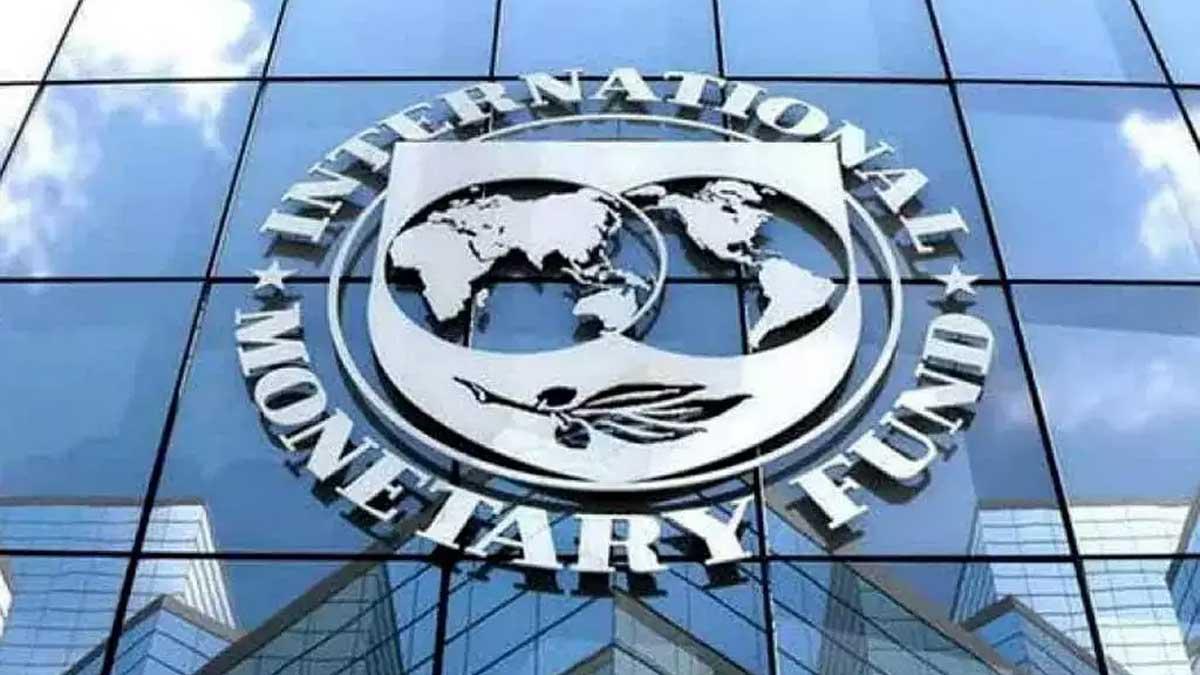The International Monetary Fund (IMF) said in a report released on Friday that economic growth in the Asia and Pacific region is expected to slow down in 2022 and 2023.
This reflects headwinds from several aspects, including global financial tightening and the Russia-Ukraine war, Xinhua news agency quoted the report as saying.
Asia's strong economic rebound early this year is losing momentum, with a weaker-than-expected second quarter, said the IMF.
It cut growth forecasts for Asia and the Pacific to 4 per cent this year and 4.3 per cent next year, down by 0.9 and 0.8 percentage points, respectively, compared to the April forecasts.
Also Read | ECB further raises interest rates to cool inflation
The levels in April's outlook were well below the 5.5 per cent average over the last two decades.
However, Krishna Srinivasan, director of the IMF's Asia and Pacific Department, believed that "Asia remains a relative bright spot in an increasingly dimming global economy".
The report said that the US Federal Reserve has become much more aggressive in tightening its monetary policy as the American inflation remains stubbornly high. This has translated into tighter financial conditions for Asia.
Most but not all countries in Asia have seen a deterioration of their terms of trade, and this has been an important factor behind currency depreciations so far this year, it said.
Also Read | Walmart, Netflix partner to expand Hub experience to more viewers
Srinivasan said that for policymakers, further tightening of monetary policy will be required to ensure that inflation returns to target and inflation expectations remain well anchored.
He also suggested that fiscal consolidation is needed to stabilize public debt and support the monetary policy stance.


















